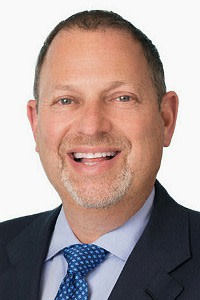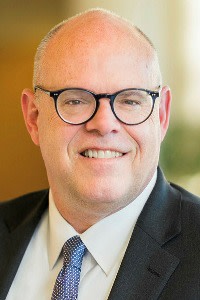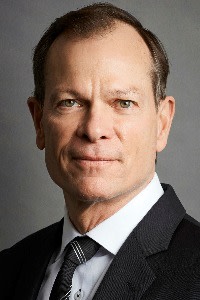People-focused law firm leaders

Roula Khalaf, Editor of the FT, selects her favourite stories in this weekly newsletter.
The law firm leaders featured here are included for their strategies to expand and differentiate their firms, winning more large clients, and mandates, while preparing for long-term success.
Some have prioritised investments in emerging industries and digital transformation, and three are based on the West Coast, reflecting the importance of Big Tech to law.
Ira Coleman stood out for his response to the most pressing challenge facing law firms: how to attract, retain and engage employees. As he has shown, investment in their health and wellbeing can also drive business growth.
Profiles compiled by RSGI researchers and FT editors. ‘Winner’ indicates the organisation won an FT Innovative Lawyers 2021 award
WINNER: Ira Coleman, chair, McDermott Will & Emery

“Fun” is not a word that often appears in the strategy of top law firms. But, as managing partner of the firm’s Miami office and firmwide chair since 2017, Ira Coleman has promoted the idea that excellent performance should be accompanied by authenticity, happiness and fun.
Initiatives include a mindfulness credit programme that allows lawyers to use up to 25 billable hours each year to practise mindfulness. A monthly happiness survey is used to gauge lawyers’ feelings of fulfilment.
The firm says its focus on clients, productivity and happiness led to a period of exceptional growth in revenues between 2017 and 2020. It also received the highest workplace satisfaction scores in various US law firm surveys.
Douglas Clark, managing partner, Wilson Sonsini Goodrich & Rosati

Silicon Valley-headquartered Wilson Sonsini acts for technology companies of all sizes, from start-ups through to many of the world’s largest groups.
As managing partner since 2012, Douglas Clark has led investments in new technologies and in developing tech-enabled legal services, viewing them as essential to the firm’s growth.
Clark came up with the idea for SixFifty, a subsidiary launched in 2019 to provide automated legal services to clients, including start-ups and small businesses.
It develops and sells lower-cost legal guidance and advice, and documents generated using software. Among its other offerings are tools to generate employee handbooks and to ensure compliance on privacy laws.
Robert Insolia, chair, Goodwin Procter

As chair of Goodwin Procter since 2019 and managing partner since 2012, Robert Insolia has led the firm through a steady growth trajectory over the past five years — the result of a strategy to capture new markets.
In particular, Insolia has focused on the convergence of technology with other industries, including real estate, financial services and private equity.
As technology increasingly disrupts business sectors, the firm has adapted quickly and built specialist expertise.
Clients now call on the firm’s lawyers for strategic advice on funding, or on making senior executive and board appointments. For example, the firm’s GOOD Directors programme is helping to match companies with potential new board directors from diverse backgrounds.
Alan Mason, global managing partner, Freshfields Bruckhaus Deringer

Alan Mason has played a leading role in developing the firm’s US strategy, which has seen it grow dramatically in size and profile.
UK-originated law firms have previously struggled to compete for the largest clients in the US. But that is changing for Freshfields following a series of high-profile hires and a new Silicon Valley office. When Mason became global managing partner at the start of this year, he relocated from Paris, becoming the first global leader at the firm to be US-based. The firm now regularly wins complex mandates from big companies, including Google.
Mason has also prioritised hiring a more diverse mix of lawyers. The firm is well on the way to meeting its targets, with women comprising a third of its partners in the US, while almost a fifth are ethnically diverse.
Tessa Schwartz, managing partner, Morrison & Foerster

An intellectual property lawyer and firmwide managing partner, Tessa Schwartz is building the firm’s reputation for working on high-profile deals for large technology clients. These include advising Salesforce on its $27.7bn acquisition of Slack. The scale of the deals, combined with the new tech involved, requires new legal thinking around IP, antitrust and commercial strategies.
Under Schwartz, the firm is changing how it approaches this work and is focused on hiring and fielding teams rather than individuals. Schwartz prioritises the importance of relationships and networks.
She is also overseeing projects that aim to create a greater sense of connection among colleagues, and more knowledge sharing across the firm.
Comments